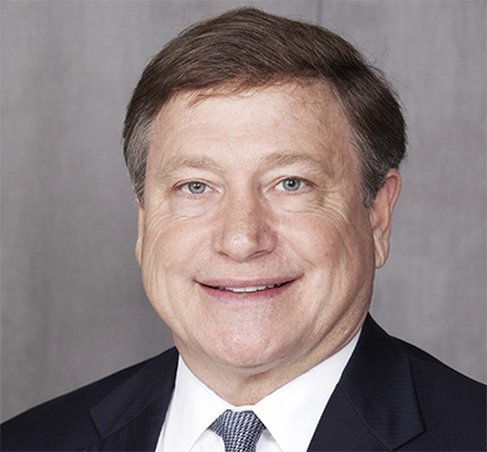
LITTLE ROCK, Ark. (AP) — Robin Wynne, a justice on the Arkansas Supreme Court who wrote court rulings in high-profile cases on issues such as voter ID and recreational marijuana, has died. He was 70.
Wynne died Wednesday night, said Marty Sullivan, the director of the state Administrative Office of the Courts. Sullivan’s email did not give a cause of death.
Wynne died months after winning a second eight-year term on the state Supreme Court. A former state appeals court judge, Wynne was first elected to the Arkansas Supreme Court in 2014 and took office the following year.
He had served two terms in the state House of Representatives as a Democrat in the 1980s.
Wynne won reelection in November after a campaign where he stressed the court’s independence and the importance of basing rulings on the law, not politics. He defeated District Judge Chris Carnahan, a former executive director of the state Republican Party, in the November runoff for the nonpartisan court seat.
“I know what’s popular and what’s not popular, but that’s not what we base our decisions on,” Wynne told The Associated Press in an interview last year.
Gov. Sarah Huckabee Sanders, a Republican who took office in January, praised Wynne’s service to the state as “immeasurable.”
“Justice Wynne could have been anything -– a pastor, a politician, a businessman -– and chose instead to devote his life to Arkansans and the law,” Sanders said in a statement. “For that, we are all eternally grateful.”
Wynne wrote the majority opinion on several high-profile cases that came before the court in recent years, including its decision last year allowing a proposal to legalize recreational marijuana to appear on the November ballot. Voters rejected that measure.
He also wrote the majority opinion in the court’s 2018 decision upholding a revised voter ID law that was similar to a measure that had been struck by the court four years earlier.
Wynne grew up in Fordyce, Arkansas. He graduated from Harvard University in 1975 and from the University of Arkansas School of Law in 1978. He attended the Perkins School of Theology at Southern Methodist University from 1979 to 1980. He served as a deputy prosecutor and a district court judge before running for the appeals court.
Wynne last year said his most difficult time on the Supreme Court was in 2017 after Arkansas scheduled eight executions over a two-week period before its supply of a lethal injection drug expired. The court faced a flurry of appeals during that time, and Wynne was part of the majority that blocked three of the executions. Arkansas ultimately executed four inmates.
“I think that was a struggle for all of us,” Wynne said. “Not necessarily just because of how we feel about the death penalty, but because we had to weigh in on 120-page motions we might get at 5 in the afternoon for an execution that was set at 7.”
Wynne’s death creates a vacancy on the seven-member court. Sanders will have to appoint someone to fill the vacancy until next year’s judicial election.
Wynne’s survivors include his wife, four sons and eight grandchildren.






